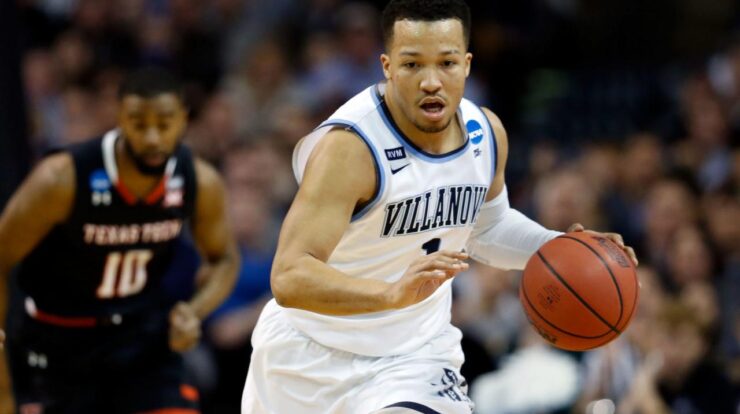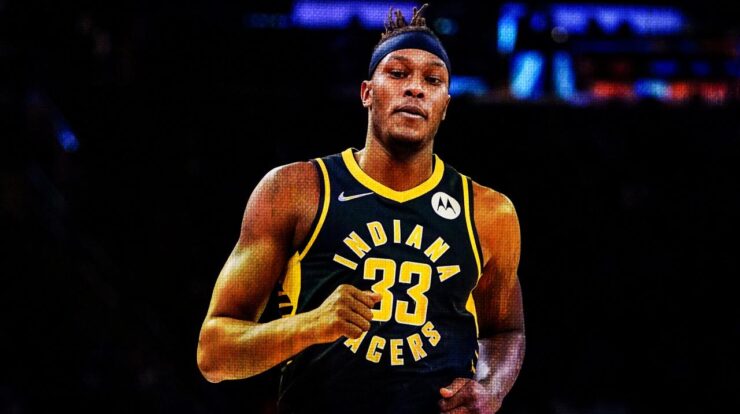
That’s cap meaning – The phrase “that’s cap” has become ubiquitous in modern slang, but what does it actually mean? In this article, we’ll explore the origins, evolution, and cultural significance of this popular expression.
The term “cap” is believed to have originated in the African-American community in the early 2000s. It was initially used to describe something that was false or exaggerated, but its meaning has since expanded to encompass anything that is considered fake or unreliable.
Define “That’s Cap”: That’s Cap Meaning
The phrase “that’s cap” is a slang term used to indicate that something is not true or is a lie. It is often used in a playful or humorous way, but it can also be used to express disbelief or annoyance.
The origin of the phrase is unclear, but it is thought to have originated in the African-American community in the United States. It is believed that the phrase is a shortened version of the phrase “that’s a lie,” which was used to call out someone who was telling a falsehood.
Examples of How the Phrase “That’s Cap” Is Used in Different Contexts, That’s cap meaning
- Example 1:“I heard that you got a new car.” “That’s cap!”
- Example 2:“I’m so tired of hearing people say that I’m not good enough.” “That’s cap!”
- Example 3:“I can’t believe that you actually thought I was serious.” “That’s cap!”
The Evolution of “That’s Cap”
The phrase “that’s cap” has evolved over time to take on different meanings and connotations. In the early 2000s, the phrase was primarily used by African-American youth to indicate that something was not true. However, the phrase has since been adopted by other youth cultures and is now used more broadly to express disbelief or annoyance.
The evolution of the phrase “that’s cap” reflects the changing landscape of language and culture. As new words and phrases emerge, they are often adopted by different groups of people and take on new meanings and connotations.
Regional Variations of “That’s Cap”
The phrase “that’s cap” is used in different ways across different regions of the United States. In some regions, the phrase is used primarily to indicate that something is not true. In other regions, the phrase is used more broadly to express disbelief or annoyance.
For example, in the Northeast, the phrase “that’s cap” is often used to indicate that something is not true. In the South, the phrase is used more broadly to express disbelief or annoyance.
Cultural Significance of “That’s Cap”
The phrase “that’s cap” has become a significant part of youth culture in the United States. The phrase is often used to express a sense of community and belonging. It is also used to challenge authority and to express one’s individuality.
The cultural significance of the phrase “that’s cap” is reflected in the way that it is used in popular culture. The phrase has been used in songs, movies, and television shows. It has also been used by politicians and other public figures.
“That’s Cap” in Popular Culture

The phrase “that’s cap” has been used in popular culture for several years. The phrase was first popularized by African-American youth in the early 2000s. It has since been adopted by other youth cultures and is now used more broadly to express disbelief or annoyance.
The phrase “that’s cap” has been used in a variety of popular culture contexts, including songs, movies, and television shows. It has also been used by politicians and other public figures.
Last Point
Today, “that’s cap” is a widely recognized expression that has been adopted by people of all ages and backgrounds. It has been featured in popular songs, TV shows, and even political debates. The phrase has become a powerful way to express skepticism or disapproval, and it continues to evolve as a reflection of our ever-changing culture.
FAQs
What does “that’s cap” mean?
It means that something is false or unreliable.
Where did the phrase “that’s cap” come from?
It originated in the African-American community in the early 2000s.
How has the meaning of “that’s cap” changed over time?
It has expanded to encompass anything that is considered fake or unreliable.
Why is “that’s cap” so popular?
It is a concise and effective way to express skepticism or disapproval.






